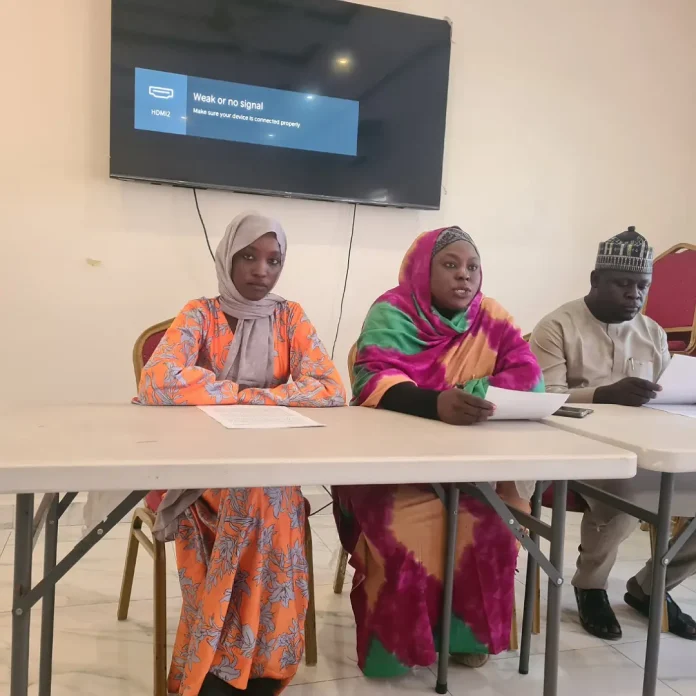The Centre for Information Technology and Development (CITAD) has raised concerns about the global gender digital divide, revealing that 244 million fewer women than men currently have access to the internet.
Zainab Aminu, Project Manager at CITAD, disclosed this on Friday during the launch of the Women in Digital Economy Fund (WiDEF) project.
She highlighted the alarming disparity and its impact on women’s livelihoods, emphasizing the urgent need to close the gap, especially in low and middle-income countries like Nigeria.
“According to the International Telecommunication Union (ITU), there are 244 million fewer women than men globally using the internet. This digital divide hinders women’s access to education, employment, entrepreneurship, and financial independence,” she stated.
To address these challenges, Aminu announced the launch of the WiDEF initiative, which officially commenced in December 2024, and set to run for two years.
“The project, titled ‘Addressing Gender Digital Divide and Enhancing Business Opportunities for Women in Northern Nigeria (AGENDA-WIN),’ aims to bridge digital gaps by equipping and supporting 20,000 women in Northern Nigeria with the skills, knowledge, and opportunities necessary to thrive in the digital space. Five thousand women from each of the four participating states—Kano, Jigawa, Bauchi, and Yobe will benefit from the program,” she explained.
She further revealed that the initiative is supported by USAID, the Bill & Melinda Gates Foundation, and other global partners.
The project seeks to build digital literacy through workshops and training while enhancing economic empowerment through mentorship and capacity-building initiatives.
“We aim to advocate for inclusive digital policies that prioritize gender equity, raise awareness through media campaigns and community engagements, and inspire women through mentorship with successful tech leaders,” Aminu added.
CITAD stressed that bridging the gender digital divide will not only improve women’s livelihoods but also contribute to poverty reduction and inclusive growth.
The organization called on government agencies, private sector partners, and civil society groups to collaborate in ensuring that women are active participants in Nigeria’s digital transformation.
“In Nigeria, women occupy less than 20% of tech jobs, according to the National Bureau of Statistics. This gender imbalance not only limits their potential but also restricts the growth of the country’s tech sector.
“By integrating more women into the tech industry, Nigeria can unlock its economic potential, drive innovation, and create a more inclusive workforce,” Aminu concluded.
Share your story or advertise with us: Whatsapp: +2347068606071 Email: info@newspotng.com










![Tinubu, Matawalle, others join special prayers for Nigeria’s fallen heroes [photos]](https://newspotng.com/wp-content/uploads/2025/01/Tinubu-Matawalle-others-join-special-prayers-for-Nigerias-fallen-heroes-324x235.jpg)


